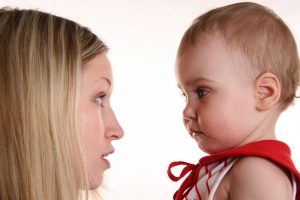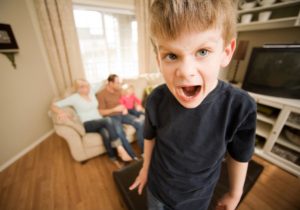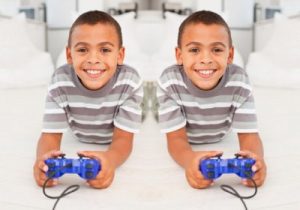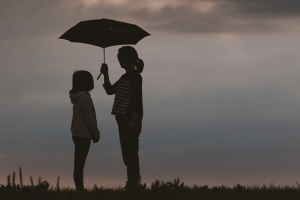Emotional Hunger
While loving our children is healthy, dependency or “emotional hunger” toward our kids can be harmful to their development. Child development expert Joyce Catlett discusses the distinction between hunger versus love and the negative effects of over-relying on our children for our own comfort and happiness.
About the Author
Joyce Catlett, M.A.
Joyce Catlett, M.A., author and lecturer, has collaborated with Dr. Robert Firestone in writing 12 books and numerous professional articles. Most recently, she co-authored Sex and Love in Intimate Relationships (APA Books, 2005), Beyond Death Anxiety: Achieving Life-Affirming Death Awareness (Springer Publishing, 2009) and The Ethics of Interpersonal Relationships (Karnac Books, 2009), with Robert Firestone PhD. Ms. Catlett began her career in psychology in 1972, working with autistic children at the Camarillo State Hospital Children’s Treatment Center in Camarillo, CA. A founding member of Glendon Association, she has been a national lecturer and workshop facilitator in the areas of child abuse prevention and couple relations. With Glendon, she has co-produced 40 video documentaries on a wide range of mental health topics. Ms. Catlett was also instrumental in the development and training of instructors in the Compassionate Child Rearing Education Program and in training mental health professionals in Voice Therapy Methodology.
Related Articles
One Comment
Leave a Reply
Understanding and Preventing Teen Suicide: CAMS-4Teens™ as an Effective Treatment Approach
Learn MorePopular Posts
- After the Loss of a Loved One: 3 Tips to Regain Your Gratitude This Thanksgiving
After the loss of a loved one, hosting Thanksgiving dinner may not rank high on your list of priorities.
- Psychalive - Psychology for Everyday Life
The Latest Body Neutrality: Making Body Appreciation More Authentic Is feeling good better than looking good?
- I Feel Lonely: What To Do When You're Feeling Alone
"Why do I feel alone?" Human beings are instinctively social animals.
- Why Do So Many People Respond Negatively to Being Loved?
Love -- kindness, affection, sensitive attunement, respect, companionship -- is not only difficult to find, but is even more challenging…
- In a Relationship with a Narcissist? What You Need to Know About Narcissistic Relationships
Narcissistic relationships are formed when one or both partners struggle with a narcissistic personality.
Related Articles
-

- Identifying Your Child’s Attachment Style
October 18, 2011
In the following interview, Dr. Dan Siegel talks about the different types of attachment styles that individuals develop during childhood…
-

- The mad monster made me do it!
November 7, 2017
When we are little, our needs get expressed through our strong emotions. A baby doesn’t have the capacity to get…
-

- Video Game Rethink
January 25, 2011
The next time you worry about your child spending his or her time playing mindless video games, think again. Daphne…







A question directed at Ms. Catlett: when you comment that “so many parents mistake these feelings of emotional hunger for affection because the sensations feel the same internally” do you mean that parents are under the impression that their own feelings of dependency and need (for comfort, stability, support, love from others) are shared by their children, and that they are actually satisfying their children’s (imagined) needs by focusing a certain kind of attention on them? Or is it simply that the child is conveniently available to be used as a source of support? What exactly happens when parents do what the mother you described in the video did to her toddler on the plane? Looking at this statement closer raises a lot of questions about what exactly is going on. I do not doubt that psychologically immature parents use their children for their own purposes all the time, but I am interested in understanding that better. Thanks.